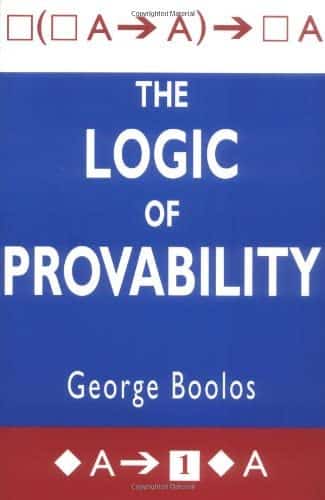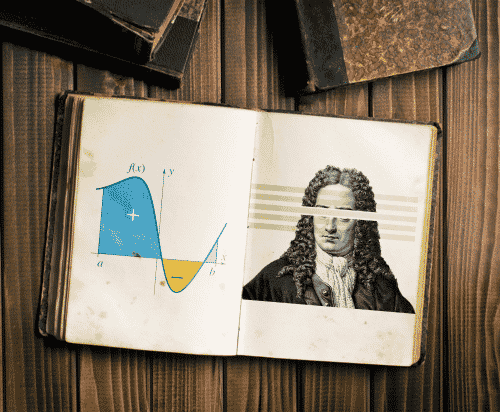Machine learning is a complex topic, and it can be daunting for beginners to know where to start. However, with the best machine learning books, anyone can learn the basics of machine learning and start using it to make predictions or recommendations. If you’re looking to start learning machine learning, reading machine learning books is the best way.
This list contains the twenty best machine-learning books for beginners and experts alike. This selection covers various topics and skill levels, from machine learning theory to practical applications. Whether you’re just starting or an experienced machine learning practitioner, these books will provide invaluable knowledge and guidance as you continue your machine learning journey.
What are the best machine learning books for beginners?
This blog post will share our top 20 best machine-learning books for beginners and experts. Whether you are just getting started or want to deepen your understanding of this exciting field, these books will help you achieve your goals. So dive in and choose the one that’s right for you!
If you enjoy this list and if you need to learn mathematics, you should check 30 Best Math Books to Learn Advanced Mathematics for Self-Learners. If you need another guide, you can also check out this guide from Ycombinator.
Lambda-Calculus and Combinators were originally devised in the 1920s to investigate the foundations of mathematics using the basic concept of ‘operation’ instead of ‘set.’ They have since evolved into important tools for developing and studying programming languages.
The authors’ previous book, Introduction to Combinators and λ-Calculus, served as the main reference for introductory courses on λ-calculus for over 20 years: this long-awaited new version offers the same authoritative exposition. It has been thoroughly revised to provide a fully up-to-date account of the subject.
The grammar and basic properties of combinatory logic and λ-calculus are discussed, followed by an introduction to type theory. Typed and untyped versions of the systems, and their differences, are covered. λ-calculus models, which lie behind much of the semantics of programming languages, are also explained in depth.
The treatment is as non-technical as possible, with the main ideas emphasized and illustrated by examples. Many exercises are included, from routine to advanced, with solutions to most of them at the end of the book.
For a senior undergraduate or first-year graduate-level course in Introduction to Topology. Appropriate for a one-semester course on general and algebraic topology or separate courses treating each topic separately.
James Munkres’s Topology is designed to provide instructors with a convenient single-text resource for bridging general and algebraic topology courses. Two separate sections are suitable for a one-semester course. They are based on the same set of basic, core topics. Optional, independent topics and applications can be studied and developed in depth depending on course needs and preferences.
Linear Algebra Done Right is a best-selling textbook for the second linear algebra course aimed at undergrad math majors and graduate students. The novel approach taken here banishes determinants to the end of the book. The text focuses on the central goal of linear algebra: understanding the structure of linear operators on finite-dimensional vector spaces.
The author has taken exceptional care to motivate concepts and simplify proofs. Various interesting exercises in each chapter help students understand and manipulate the objects of linear algebra.
The Logic of Provability, written by one of the most distinguished contemporary philosophers of mathematics, is a fully rewritten and updated successor to the author’s earlier The Unprovability of Consistency (1979).
Its subject is the relation between provability and modal logic, a branch of logic invented by Aristotle but much disparaged by philosophers and virtually ignored by mathematicians. Here it receives its first scientific application since its invention.
Category theory is a branch of pure mathematics becoming an increasingly important tool in theoretical computer science, especially in programming language semantics, domain theory, and concurrency, where it is already a standard language of discourse.
Assuming a minimum of mathematical preparation, Basic Category Theory for Computer Scientists provides a straightforward presentation of the basic constructions and terminology of category theory, including limits, functors, natural transformations, adjoints, and cartesian closed categories.
Four case studies illustrate applications of category theory to programming language design, semantics, and the solution of recursive domain equations. A brief literature survey offers suggestions for further study in more advanced texts.
















